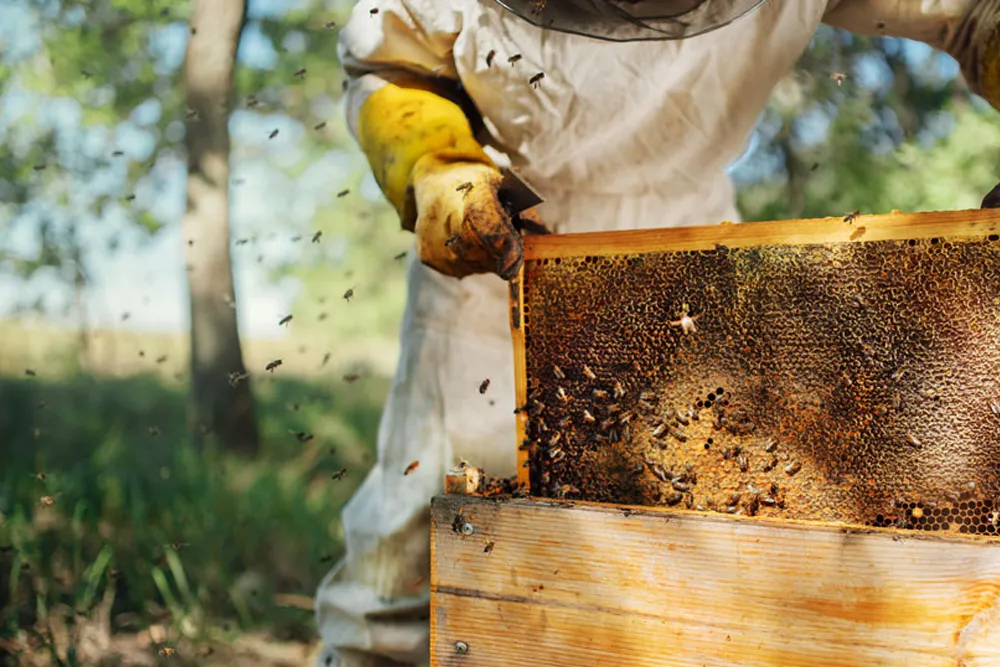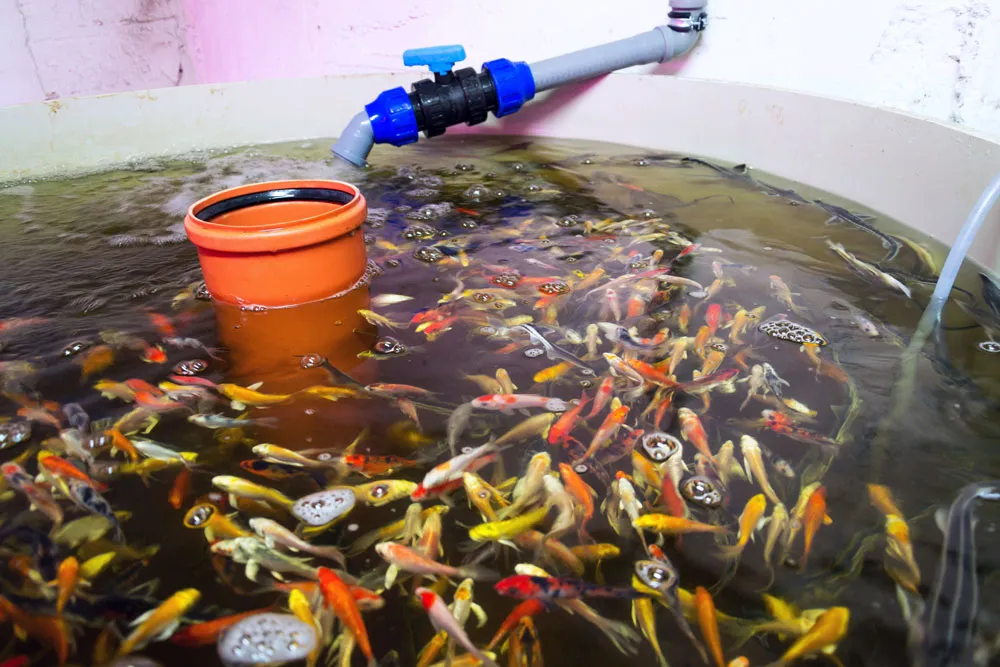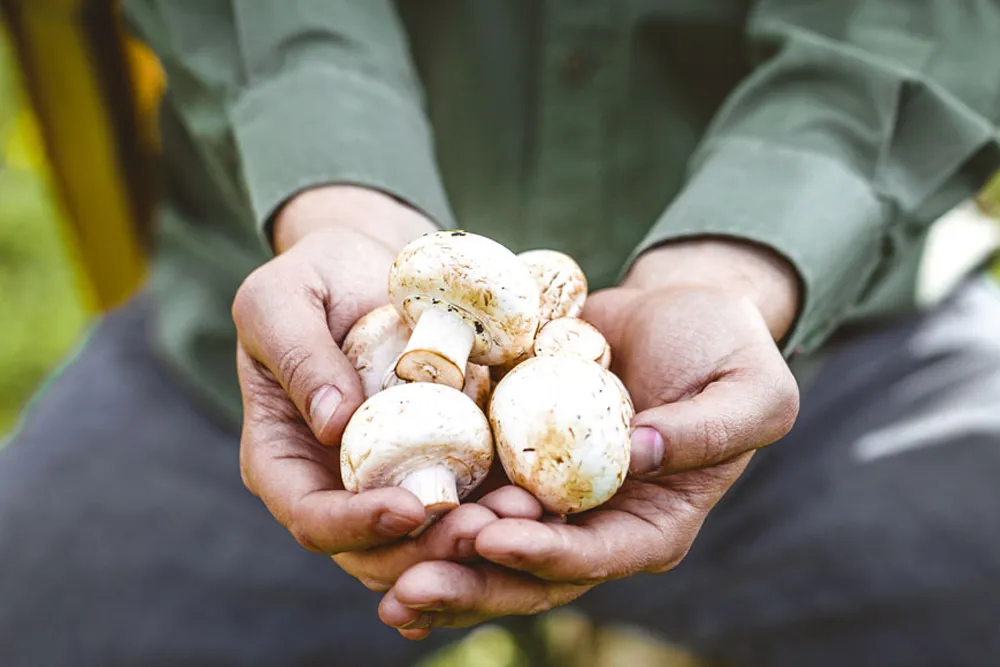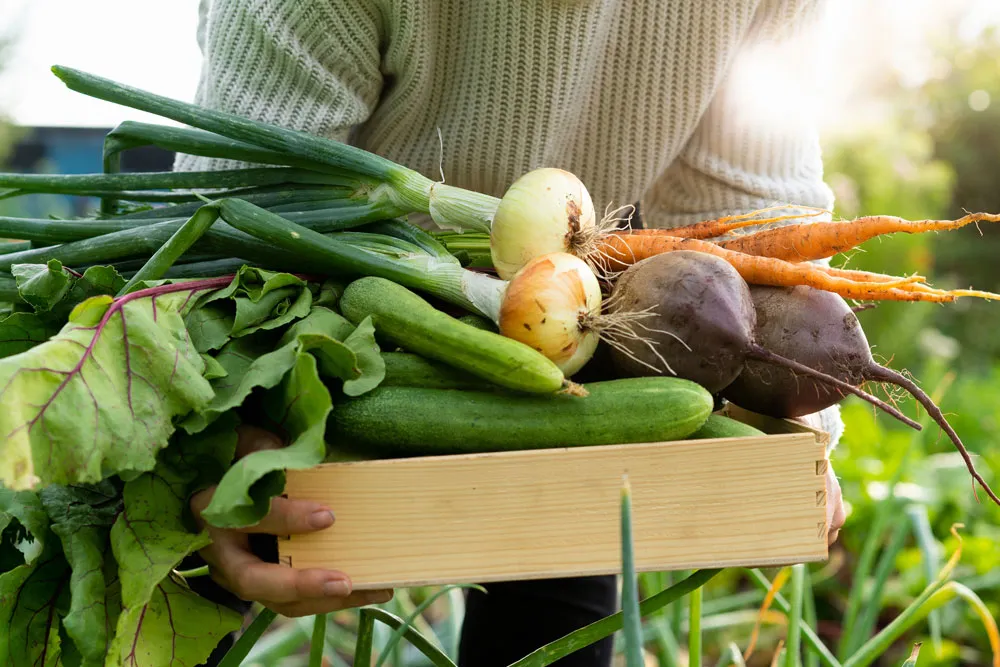You are here
What we do
AAC will focus on delivering both theoretical and practical lessons in the underlisted branches of Agriculture. Lessons will be delivered by experienced tutors who will adhere strictly to a well-designed curriculum. This curriculum has input from notable experts in the field of Agriculture both within academia and within the Agricultural industry. The center thus aims at providing trainees with the requisite skills in this craft through theoretical and practical sessions led by seasoned academics and farmers, respectively.
The areas of prime focus are described below:
Apiculture Development
Apiculture or Beekeeping is an economic activity of the agricultural sector and an environmentally sustainable production model, crucial for biodiversity and agriculture. Beekeeping provides additional income for many poor communities, creating new opportunities in rural areas, and improves the living conditions of many families. In addition, the pollination service provided by honeybees generates increases in crop yields and contributes to the balance of the ecosystem and biodiversity.

Aquaculture Development
Aquaculture is the breeding, rearing, and harvesting of fish, shellfish, algae, and other organisms in all types of water environments. Aquaculture is thus a method used to produce food and other commercial products, restore habitat, and replenish wild stocks, and rebuild populations of threatened and endangered species. There are two main types of aquacultures—marine and freshwater. The Center will primarily focus on freshwater aquaculture, which refers to raising and breeding aquatic animals (fish, shrimp, crab, shellfish, etc.) and plants for economic purposes by the use of ponds, reservoirs, lakes, rivers, and other inland waterways.

Mushroom Farming
Mushroom farming is one of the most profitable agri-businesses that you can start with a low investment and less space. Mushroom cultivation in Ghana is growing gradually as an alternative source of income for many people. Mushrooms grew naturally from a boom tissue called a “substrate”. The substrate is created when cassava or yam peels are dried, after which they are ground. Water, lime, and rice bran are added, and the substrate is then mixed and piled up to form a pile from which the mushrooms grow when well tendered over time.

Fruits and Vegetables for Exports / Fruits and Vegetables for Local Consumption
Fruit and vegetable production and marketing play an important role in providing income and employment for a significant proportion of small holder farmers and traders in Ghana. The major fruits and vegetables produced in the country include mango, pineapple, orange, chilies, tomatoes, okra, and eggplant. The center aims at providing practical tuition to trainees on the various areas of opportunity in the value chain.

Floriculture Development
Floriculture is a discipline of horticulture concerned with the growing and marketing of flowers and ornamental plants, in addition to, usage in floral arrangement and design. The floriculture industry encompasses the following: Greenhouse and field production of floral and ornamental plants. Currently, Ghana’s share of the world’s total fresh cut flowers’ exports in 2019 was less than 1%. The country is ranked number 58 in world exports of fresh cut flowers.

